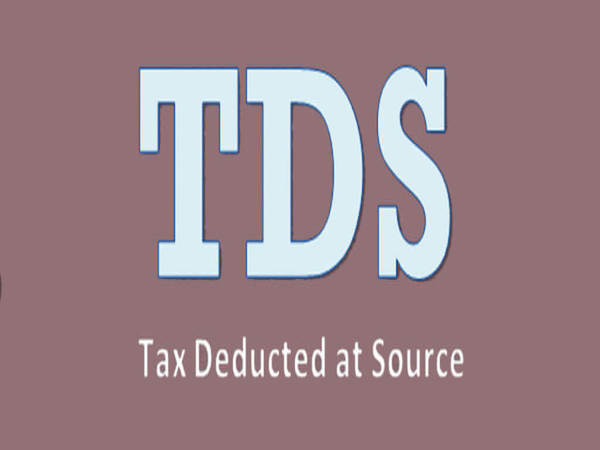All You Need To Know About Form 15G And 15H Submissions
As a taxpayer, you should be aware that the Income Tax Department in India deducts taxes on the interest earned on your bank deposits. The bank or financial institution will deduct this tax on your behalf (also known as TDS or tax deducted at source) and pay it to the government under your PAN.

TDS on interest income earned
The tax is only deducted if the interest earned exceeds the limit under the Income Tax Act. The TDS limit was increased from Rs 10,000 to Rs 40,000 for the financial year 2019-20. As for senior citizens, this limit was raised to Rs 50,000.
For the interest earned in FY 2018-19, the limit was set at Rs 10,000. For senior citizens, the TDS threshold was set at Rs 50,000.
Your bank is allowed to make a TDS deduction on the interest income from fixed or recurring deposits if the interest on one deposit or the sum of all the interest earned at the end of a year exceeds the said limit.
If your PAN details are available with the bank, it is allowed to deduct a tax of 10 percent on your behalf. In the absence of PAN details, TDS will be charged at 20 percent.

Refund on TDS
You can seek refund on the TDS if your overall income earned during the year does not exceed the taxable limit.
Further, you may also want to seek a refund if the bank makes a mistake of deducting a 20 percent tax instead of 10 percent despite possessing PAN details. You can check the complete information on the TDS deducted on you PAN in your Form 26AS that is available on the official income tax website.
It is wise to check this at regular intervals so that errors on part of your employer or bank (that have the right to deduct TDS on your income) can be rectified soon enough.
However, you need to understand that the bank cannot credit this amount to you as the institution as already paid it to the government. You can claim this refund from the government.

Form 15G and 15H- Difference
Form 15G and 15H are declaration forms that can be submitted to the bank asking them not to deduct tax on the interest you earn on your deposits if your overall income is not taxable under the Income Tax Act.
- Form 15G is to be submitted by an individual who is below 60 years of age or by a Hindu Undivided Family (HUF).
- Form 15H is to be submitted by individuals who are 60 years or older at the time of submission.
- Both of these forms allow claims of certain receipts without having taxes deducted on them under section 197A of the Income Tax Act.
- It can only be claimed by resident Indians and those who possess PAN.
- The total income of the individual should not exceed the limit of the exempt income for the particular financial year.

How to submit Form 15G or Form 15H to avoid TDS?
The form needs to be submitted at each bank branch where the interest income exceeds the limit.
These forms can be submitted physically or online. It depends on the bank and if it allows online submission.
For online submission, login into the bank's internet banking portal with your user ID and password and look for the "Tax" section. You should be able to find the form there. Fill the correct details and submit it.
Make sure to get an acknowledgment of receiving the Form 15G/H from the respective institution. This can act as a valid proof in case of disputes in the future.
This is not a one time job. A form needs to be submitted for every financial year where you may make an earning from interest on the deposit that exceeds exempt limit. Ideally, submit it at the start of the financial year.

Other uses of Form 15G and 15H
Besides interest on bank deposits, these forms can also be submitted to claim TDS exemption on EPF withdrawal, income earned from corporate bonds, income from post office deposits, rent and insurance commission.
Note that submitting false details in an attempt to make false claims for tax evasion using Form 15G and Form 15H will result in hefty fine penalty and even imprisonment in some cases.

Section 80TTB
On 1 April 2018, a new section, that is 80TTB, was introduced in the Income Tax Act that allows deduction of up to Rs 50,000 on interest income made by a senior citizen from bank, post office or co-operative banking society deposits. This deduction is allowed on the gross total income of the individual.
Section 80TTA, on the other hand, is applicable on interest on savings account up to Rs 10,000 and only to individuals other than senior citizens (includes HUF).





























